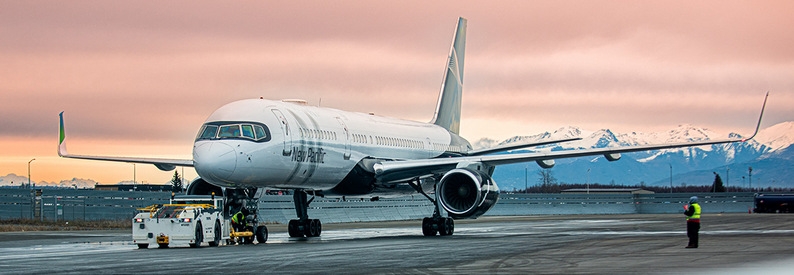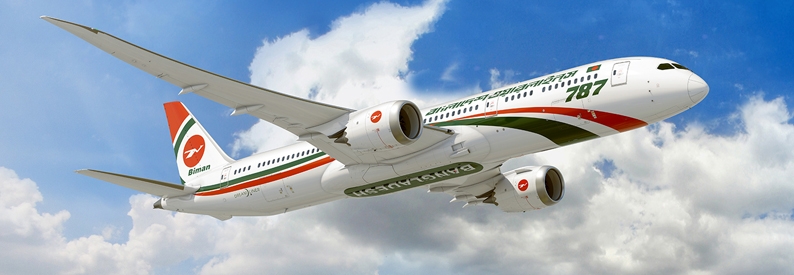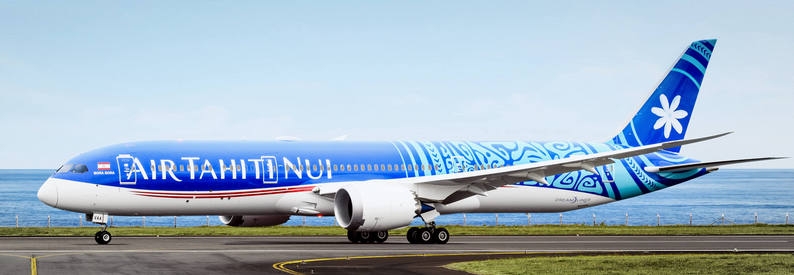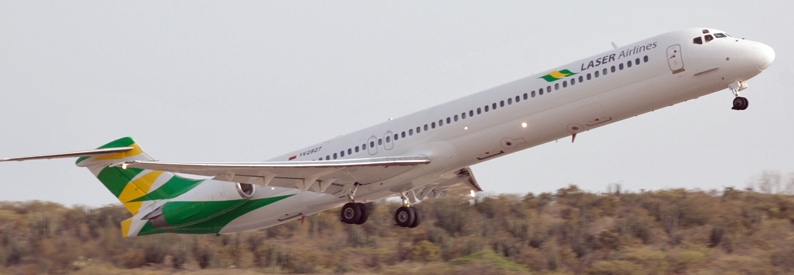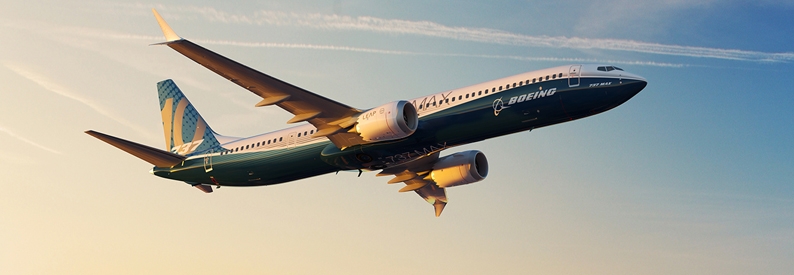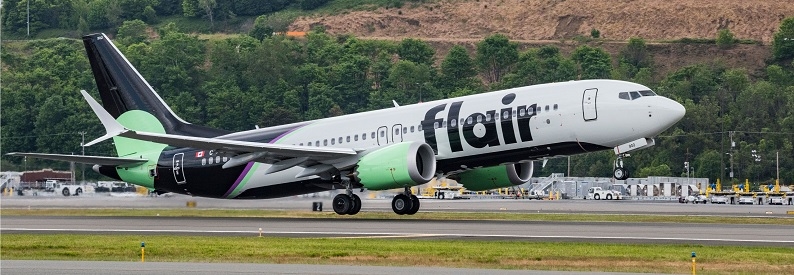The US Federal Aviation Administration has proposed new rules for certain Boeing aircraft due to the possibility of new 5G interference.
A Federal Register filing on May 3 reveals the FAA proposes to revise an Airworthiness Directive (AD) of February 16, 2022, which applies to all B787-8, B787-9 and B787-10 models.
In particular, the regulator proposes revising the existing aircraft flight manual's limitations and operating procedure sections to prohibit certain landings and the use of specific minimum equipment list (MEL) items. It also plans to incorporate operating procedures for calculating landing distances when dealing with 5G C-band interference.
The FAA said these additional limitations were needed due to the continued deployment of new 5G C-band base stations whose signals are expected to cover most of the contiguous United States at transmission frequencies between 3.7–3.98 GHz.
Comments on the proposals must reach the FAA by May 23, 2023.
The FAA, in December 2021, already amended its airworthiness directives for all transport and commuter category aircraft equipped with a radio altimeter (radalt) after it determined that altimeters weren't reliable when they experienced interference from wireless broadband operations in the 5G C-band. The FAA subsequently identified an additional hazard presented by 5G C-band interference on B787–8s, B787–9s, and B787–10s after it was determined that certain aircraft systems might not transition from "air" to "ground" mode when landing on certain runways as a result of 5G C-band interference. The regulator warned this could result in degraded deceleration performance and longer landing distances, which could lead to runway excursions.
The February 2022 airworthiness directive mandates procedures for this longer landing distance for all runway conditions when there is 5G C-band interference. It requires all operators to revise their existing flight manuals before June 30, 2023.
The FAA also wants airlines to replace or upgrade FAA-approved radalts on large commercial aircraft by July 2023 to protect against potential interference to aviation safety systems from the rollout of 5G near US airports. Reuters reports that US Transportation Secretary Pete Buttigieg told airlines on May 2 that FAA would not extend the July 1 deadline.
The cost of fleet-wide radalt upgrading is estimated at more than USD638 million, according to the International Air Transport Association (IATA). It has warned supply chain issues make it unlikely that all aircraft can be upgraded by the deadline, threatening operational disruptions during the peak northern summer travel season.
"Many airlines have indicated that despite their best efforts, they will not meet the July 1 deadline owing to supply chain issues. But even for those that do, these investments will bring no gains in operating efficiency. Furthermore, this is only a temporary holding action. Under current scenarios, airlines must retrofit most of their aircraft twice in just five years. And with the standards for the second retrofit yet to be developed, we could easily face the same supply chain issues in 2028 that we are struggling with today. This is patently unfair and wasteful. We need a more rational approach that does not place the entire burden on aviation for addressing this unfortunate situation," said Nick Careen, IATA's Senior Vice President of Operations, Safety and Security.
Meanwhile, the association welcomed an agreement by AT&T Services, T-Mobile, UScellular, and Verizon to extend until January 1, 2028, the voluntary mitigation measures for 5G C-band transmissions at 188 US airports. These mitigation measures, which were put in place in January 2022, concurrent with the rollout of 5G C-band operations at or near US airports, include lowering the power of 5G transmissions and had been set to expire on July 1, 2023.
However, IATA said, while the agreement is a welcome stop-gap, it is no solution. "The underlying safety and economic issues around 5G C-band deployments by telecommunications services providers (telcos) have only been kicked down the road," it warned in a statement.


